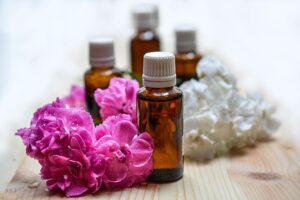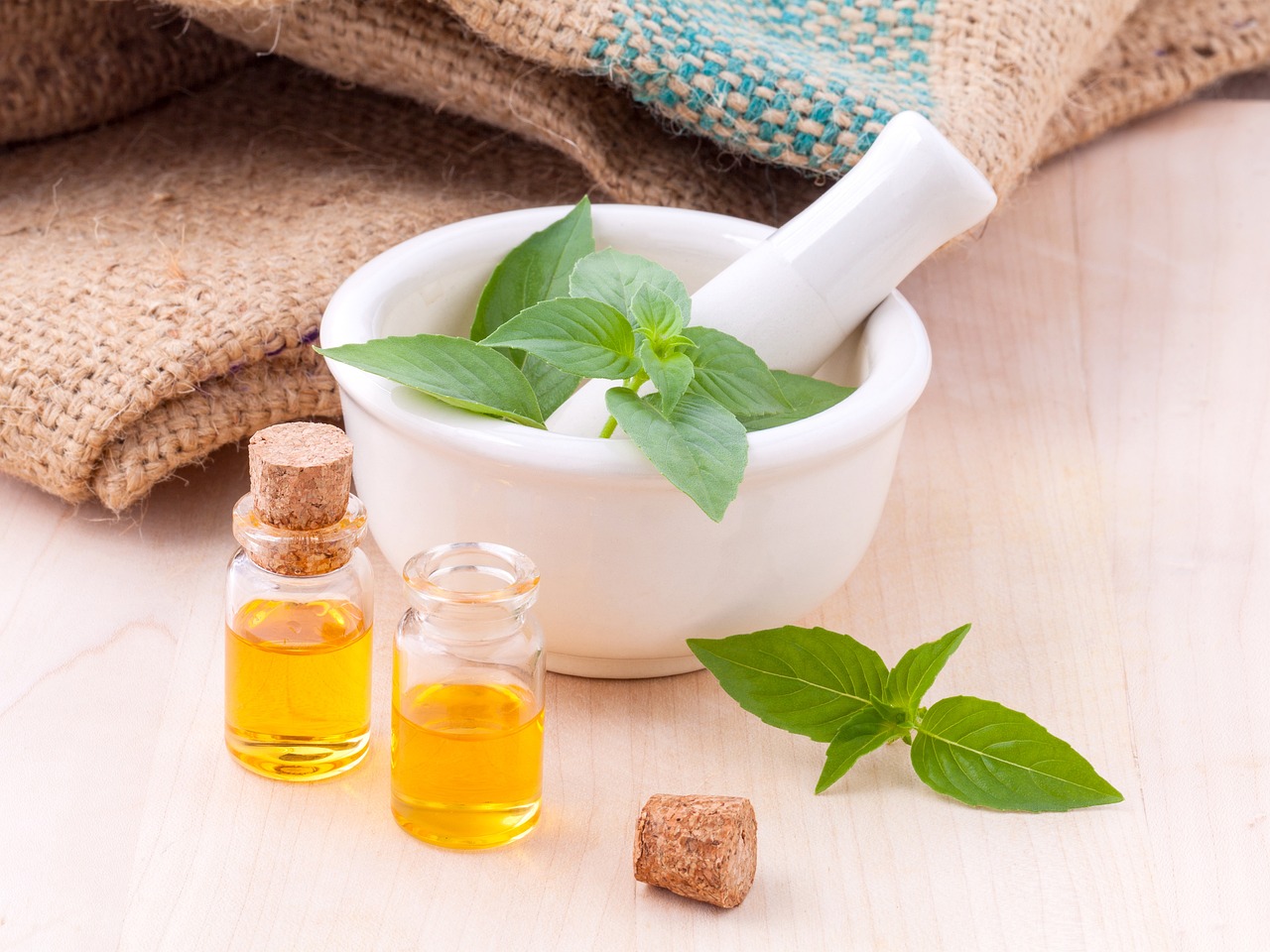Aromatherapy, a practice that utilizes the aromatic properties of plants, has gained recognition as a powerful tool in promoting holistic health and well-being. By harnessing the power of scents, aromatherapy has been shown to have numerous benefits for both the body and the mind. This article delves into the top roles of aromatherapy in supporting holistic health, highlighting its potential to enhance physical, emotional, and spiritual well-being.
Relaxation and Stress Relief
 Aromatherapy plays a pivotal role in relaxation and stress relief. Certain scents, such as lavender and chamomile, have been scientifically proven to promote relaxation and reduce anxiety levels. Inhaling these calming aromas stimulates the olfactory system, triggering the release of neurotransmitters like serotonin and endorphins.
Aromatherapy plays a pivotal role in relaxation and stress relief. Certain scents, such as lavender and chamomile, have been scientifically proven to promote relaxation and reduce anxiety levels. Inhaling these calming aromas stimulates the olfactory system, triggering the release of neurotransmitters like serotonin and endorphins.
Mood Enhancement
Aromatherapy has the remarkable ability to uplift mood and improve emotional well-being. Fragrances like citrus, such as lemon or bergamot, are known to invigorate the senses and promote feelings of joy and energy. On the other hand, floral scents like rose or jasmine can evoke a sense of calmness and contentment. By utilizing these scents through inhalation or topical application, individuals can harness the power of aromas to boost mood, combat negativity, and enhance emotional balance.
Pain Management and Physical Healing
The therapeutic properties of essential oils make aromatherapy a potent tool for managing pain and facilitating physical healing. Essential oils like eucalyptus and peppermint possess analgesic and anti-inflammatory properties that can alleviate pain and reduce inflammation. By applying these oils topically or incorporating them into massage oils, aromatherapy can provide relief from muscle aches, headaches, and other physical discomforts. Moreover, certain oils have been found to enhance the healing process by promoting circulation and supporting immune function.

Sleep Enhancement
Aromatherapy can also play a significant role in enhancing sleep quality and combating sleep disorders. Lavender, in particular, has been widely studied for its sedative properties, promoting deeper and more restful sleep. By diffusing lavender essential oil in the bedroom or incorporating it into a bedtime routine, individuals can create a calming atmosphere that aids in relaxation and prepares the body and mind for a peaceful night’s sleep. Additionally, scents like chamomile or valerian have also been found to promote sleep and combat insomnia.
Aromatherapy offers a multidimensional approach to holistic health, encompassing physical, emotional, and spiritual well-being. Through the power of scents, aromatherapy can facilitate relaxation, enhance mood, manage pain, and improve sleep quality. As a complementary therapy, it can be seamlessly integrated into daily routines and existing wellness practices.

